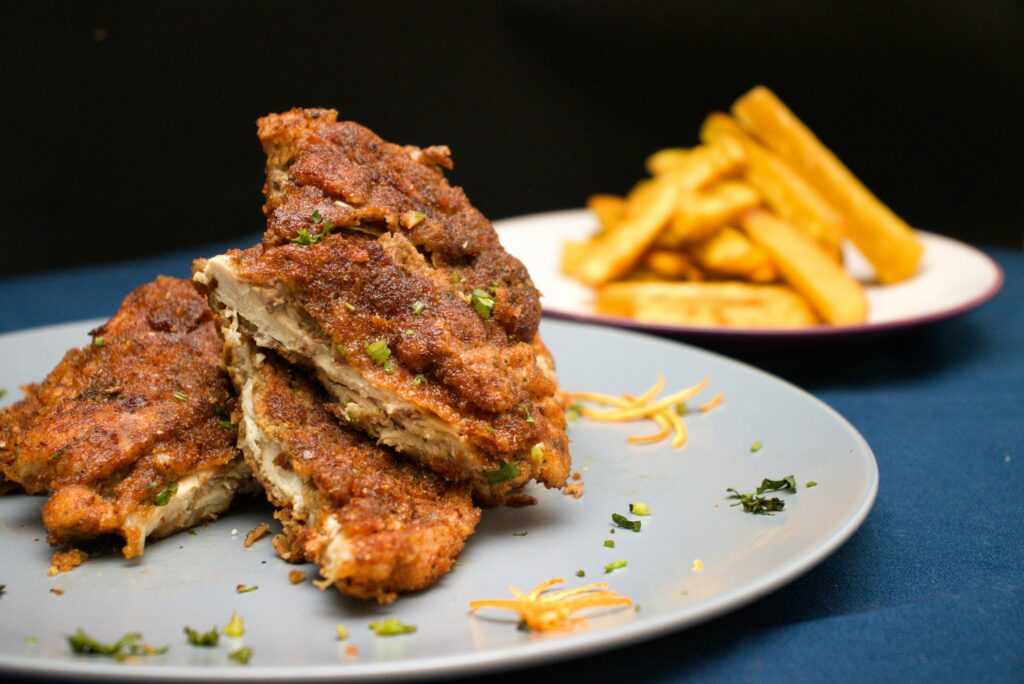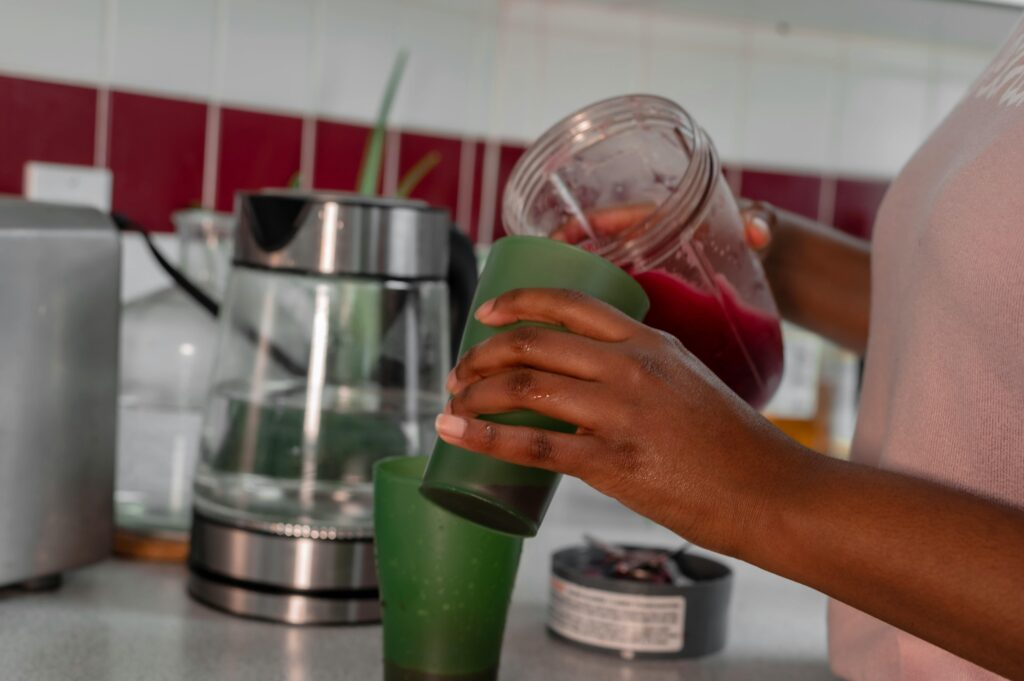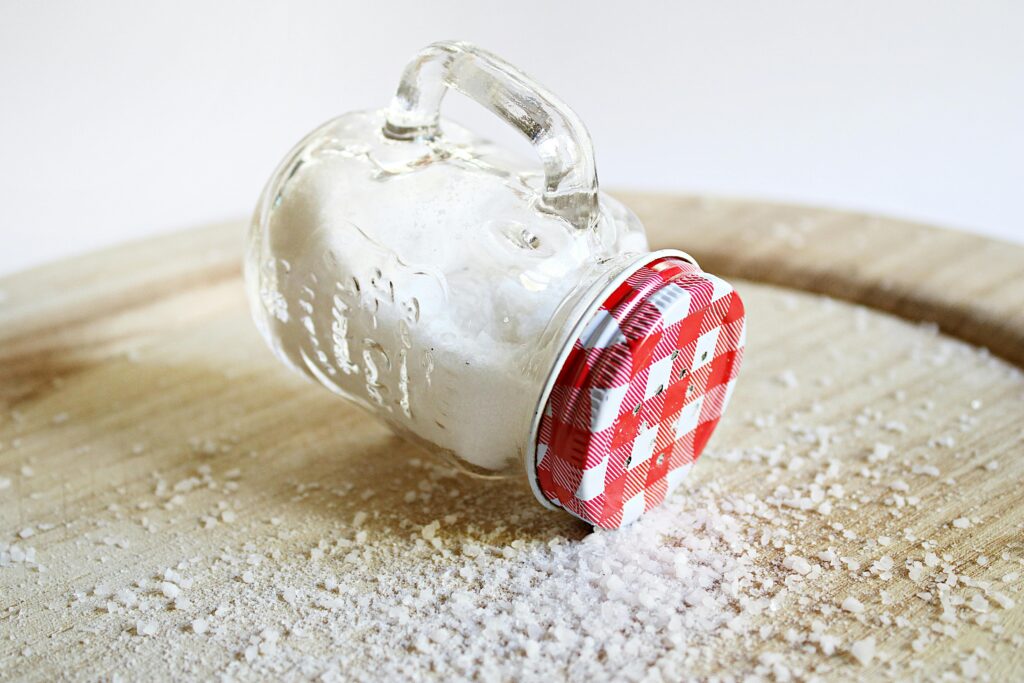
Overview
Did you know that your diet plays a critical role in your eye health? Globally, about 250 million people suffer from vision impairment, and poor dietary choices are often a contributing factor. Your eyes rely on a well-functioning cardiovascular system for optimal health, making a balanced diet essential. This article delves into the worst foods for your eyes, their impacts, and how to make healthier choices to protect your vision
Related : 12 Tips to Prevent Blood Sugar Spikes
Why Food Matters for Your Eyes
The connection between diet and eye health is rooted in the shared reliance on blood vessels and nutrients. Foods that harm your cardiovascular health can also negatively impact your vision. Over time, poor dietary habits can lead to conditions such as diabetic retinopathy, cataracts, and age-related macular degeneration (AMD).
To maintain good vision, it’s essential to understand which foods to limit or avoid. Let’s explore these categories in detail
Worst Foods for Eye Health
Simple Carbohydrates
Foods like white bread, pasta, and sugary snacks contain simple carbohydrates that cause spikes in blood sugar levels. These rapid increases can lead to:
- Diabetic retinopathy – A condition that damages blood vessels in the retina.
- Age-related macular degeneration (AMD) – A leading cause of vision loss.
Weight gain and cardiovascular problems, further compromising eye health.
Tip: Replace simple carbs with whole-grain options such as whole wheat bread, quinoa, and brown rice
Related : Health Benefits of Sweet Potatoes
Sodium-Rich Foods
Processed and high-sodium foods like canned goods, deli meats, and salty snacks can lead to:
- Hypertensive retinopathy – Blurred vision due to damaged blood vessels.
- Choroidopathy – Fluid buildup beneath the retina.
- Neuropathy – Reduced blood flow causing nerve damage and vision loss.
Tip: Limit sodium intake to no more than 2,300 milligrams daily. Opt for low-sodium alternatives and fresh ingredients.
Fried Foods
Deep-fried items like chips, fried chicken, and fries are cooked in trans fats, which:
- Increase LDL cholesterol (bad cholesterol).
- Release free radicals, causing cellular damage that contributes to AMD and cataracts.
- Reduce oxygen flow to the retina, impairing vision.
Tip: Choose healthier cooking methods such as grilling, steaming, or baking. Include antioxidant-rich foods like berries and spinach to counteract free radicals
Sugary Drinks

Beverages like sodas, energy drinks, and sweetened teas are high in sugar, leading to:
- Increased risk of type 2 diabetes.
- Development of diabetic retinopathy and AMD.
Tip: Hydrate with water, herbal teas, or fresh fruit-infused water instead
Related : Ways to Find Relief From Eye Allergies
Processed Meats
Processed meats such as bacon, sausages, and salami are high in preservatives and sodium, which:
- Cause fluid retention, increasing eye pressure.
- Contribute to hypertensive retinopathy and vision deterioration.
Tip: Replace processed meats with lean protein options like chicken, turkey, or plant-based proteins.
Cooking Oils with High Saturated Fat
Oils like safflower, sunflower, and soybean oil are high in linoleic acid, which has been linked to AMD.
Tip: Use heart-healthy oils such as olive oil, avocado oil, or coconut oil for cooking.
Margarine
Margarine often contains trans fats that:
- Raise cholesterol levels.
- Increase the risk of heart disease, indirectly affecting eye health.
Tip: Opt for trans fat-free margarine or switch to spreads made from healthy oils like olive oil
Related : What Happens When You Quit Caffeine
Fast Food

Fast foods such as burgers, fries, and pizza contain a combination of unhealthy fats, salt, and sugar, contributing to:
- Obesity, diabetes, and high blood pressure.
- Increased risk of AMD and cataracts.
Tip: When eating out, choose grilled options, salads, or veggie-packed meals
Fish and Shellfish with Mercury
Some fish, like swordfish and mackerel, contain high mercury levels, which can harm sensitive groups, including pregnant women and children.
Tip: Limit weekly fish consumption to 8–12 ounces and choose low-mercury options like salmon, shrimp, or cod
How Diet Impacts Eye Health
A diet rich in vitamins and nutrients supports eye health and reduces the risk of common conditions like dry eyes, cataracts, and AMD. Key nutrients include
- Vitamin A – Found in carrots and sweet potatoes, supports the retina.
- Vitamin C – Found in citrus fruits, fights free radicals.
- Vitamin E – Found in nuts and seeds, protects against oxidative damage.
- Zinc – Found in beans and poultry, supports retinal health.
- Omega-3 fatty acids – Found in fatty fish and flaxseeds, reduce inflammation and support retinal function
Related : 14 Signs You’re Low on Vitamin B12
Foods to Avoid for Better Eye Health
- Sugary Snacks and Drinks: Increase diabetic retinopathy risk.
- Fried Foods: Lead to cholesterol buildup and vision impairment.
- Processed Meats: Contribute to hypertension and ocular damage.
- Energy Drinks: Raise eye pressure and vision problems.
- Ready-to-Eat Meals: Often high in sodium, damaging retinal health
Eye and Heart Health
The eyes depend on capillaries to deliver oxygen and nutrients. Plaque buildup from poor dietary habits reduces blood flow, negatively affecting both cardiovascular and ocular health. Maintaining a diet low in sugar, salt, and unhealthy fats can significantly enhance both heart and eye function
Related : Proven Ways to Lose Weight Without Diet or Exercise
The Takeaway
Your eyes are a reflection of your overall health, and what you eat has a profound impact on their condition. By avoiding foods high in sugar, sodium, and unhealthy fats, you can protect your vision and prevent common eye conditions. Make a conscious effort to include nutrient-rich, eye-friendly foods in your diet to support both your eye and cardiovascular health. Small dietary changes today can lead to a lifetime of clearer vision and improved well-being
Frequently Asked Questions
How do sugary foods and drinks affect eye health?
Sugary foods and beverages can cause blood sugar spikes, increasing the risk of diabetic retinopathy and age-related macular degeneration (AMD). Over time, excessive sugar intake may lead to long-term vision impairment.
Why are processed meats harmful to eye health?
Processed meats are high in sodium and preservatives, which can lead to fluid retention, increased blood pressure, and hypertensive retinopathy. These conditions can damage the delicate blood vessels in the eyes and impair vision.
Are all fats bad for eye health?
Not all fats are harmful. Trans fats and saturated fats found in fried foods, margarine, and certain cooking oils can increase cholesterol levels and damage eye tissues. However, healthy fats like those in olive oil and avocados can support overall eye health.
Can alcohol consumption impact vision?
Yes, excessive alcohol intake is linked to cataracts and other eye diseases. It can also dehydrate the body and strain the blood vessels in the eyes, leading to long-term damage











